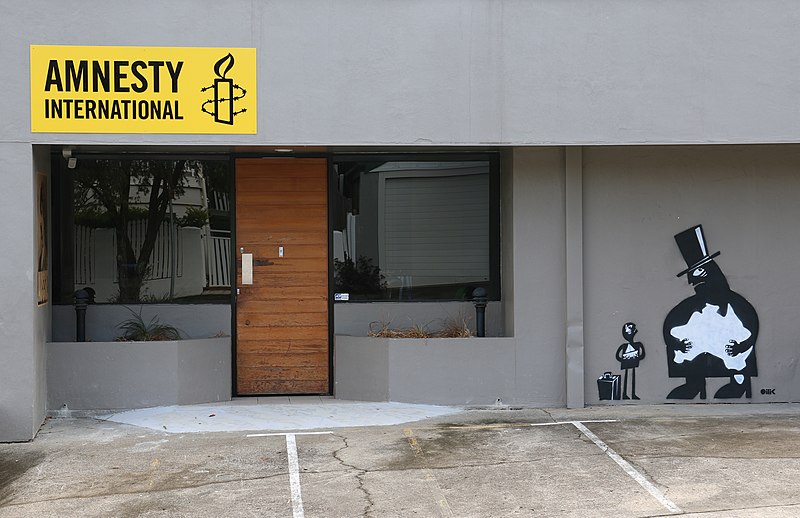Secondary menu
The Ghost of Evidence Corroboration Past
A call to revive Amnesty International's Digital Verification Corps

(Photo Credit: Hesam Fetrati)
There was a time when students passing through the hallowed U of T halls entertained varying interests in legal practice. The offerings mirrored this diversity of interests as non-profit externships and pro bono assignments supplemented the ubiquitous issue-spotter that paved the way to Big Law.
One such opportunity presented itself to incoming 1Ls and seasoned 2Ls in the form of a two-year commitment: Amnesty International’s Digital Verification Corps (DVC)—a coveted offering presented in only a handful of other law schools across the world, including Cambridge and Berkeley.
At U of T, it functioned as an IHRP working group that has now been defunct for over a year in the wake of the CAUT censure that was recently lifted in November 2021. Amnesty’s well-versed advocates trained students in the art of evidence corroboration before presenting the group with various instances of crowd-sourced human rights violations to confirm the veracity of the sources.
The tasks had an indelibly technical and international flavour, providing students with the chance to flex their language skills and acquire early exposure to the various ways in which their still-fledgling legal skills might eventually be put to use in the extra-Canadian sphere. After gaining enough experience, the DVC cohort would join its sister groups in an international conference, the last of which was scheduled to be held in San Francisco before the pandemic gripped the world. The weekly assignments also stood in welcome contrast to the heavily academic colour of the law school classroom, and are dearly missed by those who have since been deprived.
Besides being a general lament, this is a hopeful call to resuscitate the Faculty of Law’s partnership with Amnesty and restore the DVC in full form. This good faith endeavour would help outgoing advocates enter the profession better equipped to take on the injustices they will be confronted with in their practice, rather than being pigeon-holed into one form of lawyering from the get-go.
